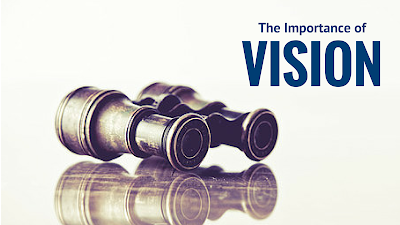The Importance of Vision
“Out of all the senses, sight must be the most
delightful” – Helen Keller
Our vision presentation
group did a great job describing sight. To recap how our vision works -- visual
perception is the ability to interpret the surrounding environment using light
in the visible spectrum reflected by the objected the environment. While Helen
Keller is quoted to have saying that the sense of sight must be the most
wonderful of the senses, I personally believe it’s the most instrumental sense
in our day-to-day life.
Sight allows humans and
animals to move around freely, to be able to look for danger or resources, and
allows us to read the faces and body languages of those in their community. Our
sight lets us create spatial awareness, lets us digest lots of information very
quickly through reading, and allows us humans to store massive amounts of
content. Without sight we would have learned but a fraction about our universe.
Without microscopes we may have never discovered atoms and without telescopes
we may have never discovered the stars. Our understanding of physics may have
been minimal and it’s likely we never would have progressed to the
technological age we have today. From an evolutionary standpoint, eyesight is
unquestionably one of the most rewarding evolutionary traits that that a
species could develop.
In the vision
presentation we did a few optical illusions. I love optical illusions because
it shows how fallible our eyesight is. While our eyes are seeing everything as
they actually are, the neurons and synapses in our brains are interpreting and
altering the reality of our sight. Because our brains are constantly making
connections with different experiences and memories, it can often time hardwire
our brains to think in certain ways when facing new experiences. For example,
the fish and the bowl illusion was probably caused by your brain associating
fish with being in tanks (not for sure, but that’s what I think).



Comments
Post a Comment